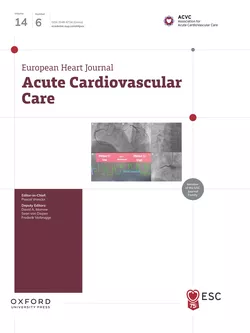The talks, in a nutshell:
- Online events covering each topic in the biomarker field
- Each talk will be moderated by ACVC Biomarker Study group members and discussed with experts.
You're in the right place! Welcome to our newly updated ESC website.
Start exploring or use our powerful new search engine to find what you need.

28 - 31 August / Munich - Germany

19 - 20 February / Munich - Germany

20-21 March / Lisbon - Portugal

12-14 April / Paris - France

23 - 25 April / Ljubljana - Slovenia

9 - 12 May / Barcelona - Spain

12 - 13 June / Sophia Antipolis - France

12 - 13 November / Basel - Switzerland

3 - 5 December / Milan, Italy
The talks, in a nutshell:

Past Chair

Chair

Chair-elect
Presented by Louise Cullen with Tonje Johannessen and Rick Body




Soon available
Soon available
The ACVC Study Group on Biomarkers was established by Kristian Thygesen (DK) in 2005 with the intention of creating a support group for the Global Task Force for the Definition of Myocardial Infarction (later called Universal Definition of Myocardial Infarction - UDMI).
In addition to supporting the UDMI, this group became successful and independent and now focuses on the proper clinical application of cardiac biomarkers including troponins, natriuretic peptides, and inflammatory and thrombotic markers in acute cardiac care.